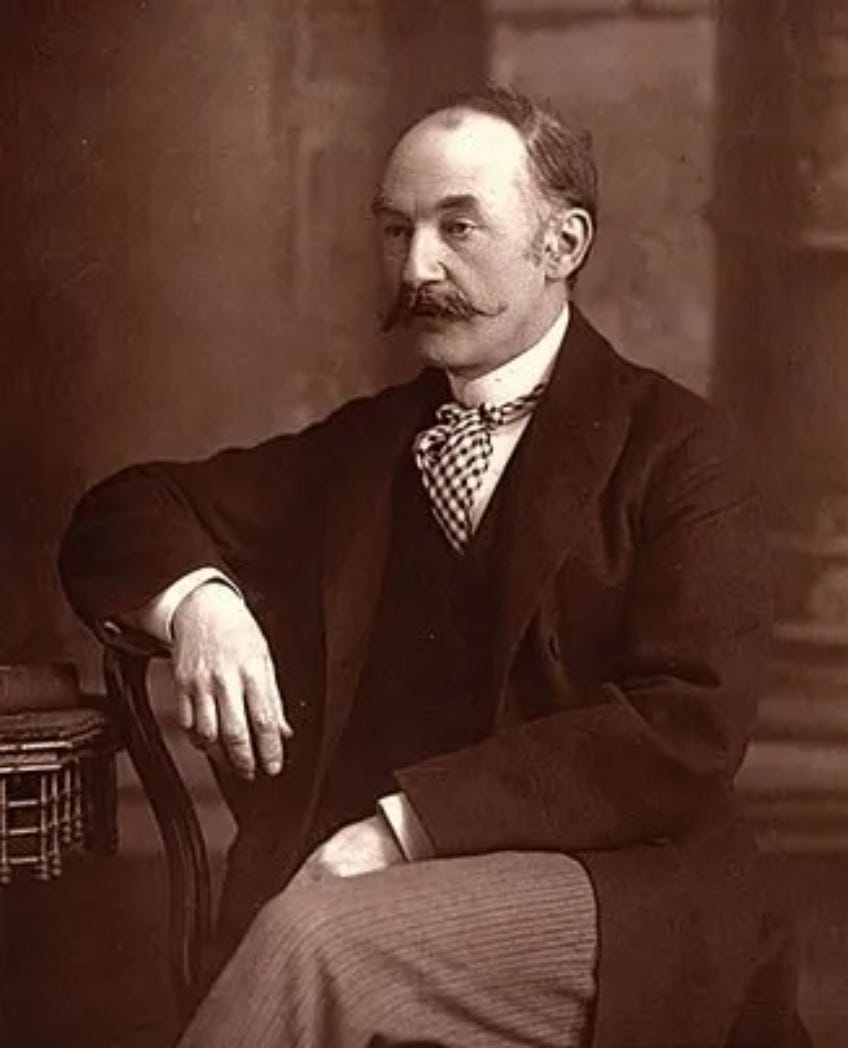
Is there a mystery more taunting than taste?
Taste in all things – of the tongue, spirit, mind. Why do you like K____, whom I abominate? Why did I delight in some ditties as a child, which I now deplore, and cleave to others more fiercely as I age? Why yes to chocolate, no to licorice? Why, for my daily music fix, one day Bach, the next Offenbach (but more often Bach)? Why are you reading these paragraphs and not others piled for your perusal?
We may think we know, confidently explain, we’re enticed by this or that, these sensations satisfy some need, but this is guesswork, even self-deception. A damsel may claim to love her suitor’s face when she seeks his fortune. A prince may appear handsomer than a pauper, though they be twins.
Taste informs every word I type – why this metaphor, modifier, mutter, meter and not another? I read an old attempt and think, hmmm, I like it, or yikes, what was I thinking! What has changed in the interim?
Pedagogues may explain taste by a textbook’s rote, which the next generation contemptuously contradicts. Thoreau, neglected in his own time, became a best-seller (and heartthrob) in mine: how come?
I append a poem for your perusal. Thomas Hardy wrote it. It’s called “Afterwards” and it moves me inordinately though, younger, Hardy’s clunky syntax and often gnarly lexicon gave me hives. Try it, if you don’t already know it. (I “try” poems, more than “read” them.) How do you react? After multiple readings, is your initial response diluted or deepened? Check if you remember these stanzas tomorrow. (Of the flood of impressions through our brains, so few remain!)
This morning, I have a theory for this poem’s appeal. (Tomorrow, I may have another theory.) Hardy wrote this when he was my age. Few poets have written treasurable poems late in life. Poets tend to do their best work young, then (often) die. Poetry, like baseball, is a young person’s game. Not only Hardy’s theme, but his diction, creep and creak like an old man’s gait. (Limpid at twenty, limping at seventy-five.) And yet, to my ear, what poignancy, originality, heroism! Do I love this poem for its innate excellence or because it encourages me – that I ain’t dead yet – and needn’t be? (We love those who hearten us.)
The old poet’s gloom recalls my own. I too have wondered how I will be remembered – who hasn’t? I too glimpse no glory beyond the here and now – and bemoan the scarcity of my time. Life is so beautiful – and I must leave it – soon – dammit! I too ache at my negligible impact on my moment, who
strove that such innocent creatures should come to no harm, But he could do little for them; and now he is gone.
Gloom, yes, but the poet does not whine, he notices – and how he notices! – and out of his observations weaves an intricate and passionate poem! The years batter us, if we live long enough – so many of our friends are old and sad – but, Hardy reminds me, sadness is a surrender that need not be. We can take a deep breath and flog ourselves and create lasting beauty yet – try to, at least. We are only victims with our permission, has-beens if we dismiss ourselves.
Old Hardy does not deceive himself that his final attempts will achieve either heft or honor. He doubts anyone will remember. But that is not the point. The point is hope – facing one’s truth and trudging till we can’t. Go for it, guy!
When the Present has latched its postern behind my tremulous stay, And the May month flaps its glad green leaves like wings, Delicate-filmed as new-spun silk, will the neighbours say, "He was a man who used to notice such things?" If it be in the dusk when, like an eyelid’s soundless blink, The dewfall-hawk comes crossing the shades to alight Upon the wind-warped upland thorn, a gazer may think, "To him this must have been a familiar sight." If I pass during some nocturnal blackness, mothy and warm, When the hedgehog travels furtively over the lawn, One may say, "He strove that such innocent creatures should come to no harm, But he could do little for them; and now he is gone." If, when hearing that I have been stilled at last, they stand at the door, Watching the full-starred heavens that winter sees Will this thought rise on those who will meet my face no more, "He was one who had an eye for such mysteries?" And will any say when my bell of quittance is heard in the gloom And a crossing breeze cuts a pause in its outrollings, Till they rise again, as they were a new bell’s boom, "He hears it not now, but used to notice such things?"




Your message was perfect for me this morning! It is just getting light and I sip my coffee and watch out the window to see if the pesky groundhog sneaks by. If it would just go in my trap I will take it to a beautiful spot in the mountain! Loved the poem and have printed it out to read daily as I approach 81🤣